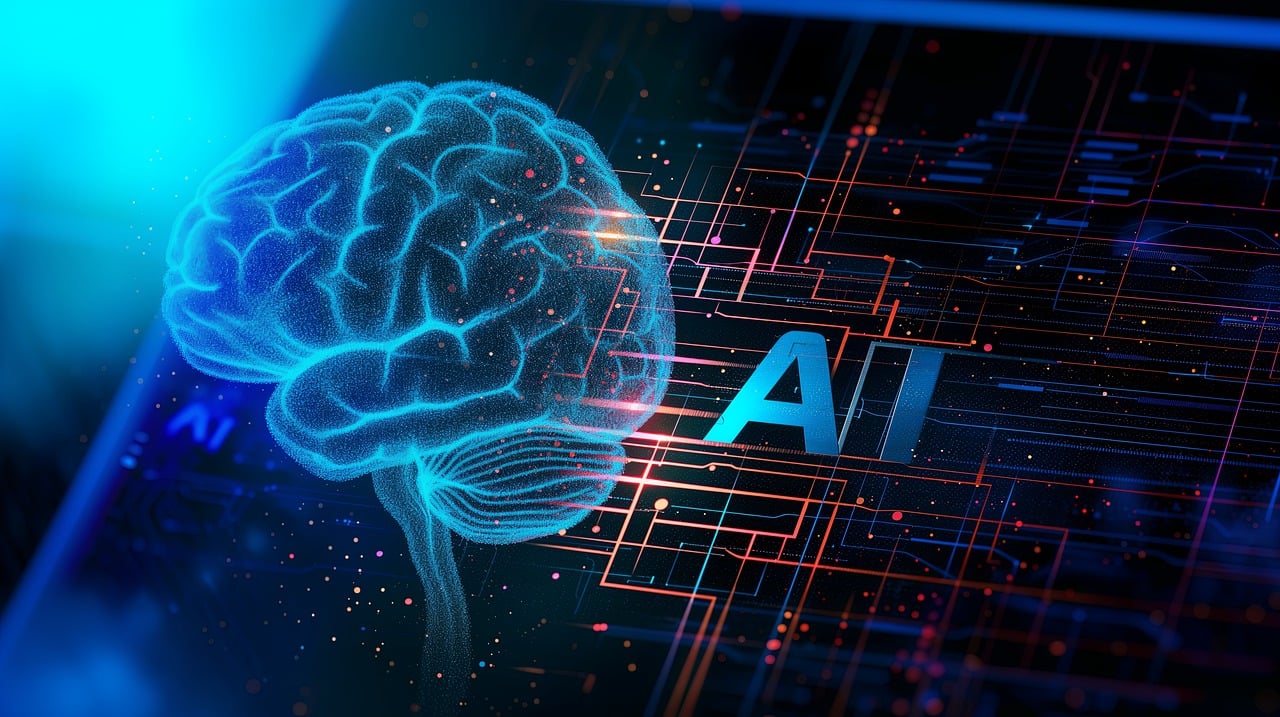The rise of AI and its potential to either replace humans or lead to human-machine hybrids is a deeply philosophical and technological discussion. Both of these possibilities come with significant implications, challenges, and opportunities. Let's break down these two possible futures:
1. AI Replacing Humans
In this scenario, AI would take over many tasks currently performed by humans, from routine jobs to more complex ones. This idea has sparked debates about automation, ethics, and the future of employment. Some areas where AI could replace humans include:
- Jobs and Automation: Many industries, such as manufacturing, transportation, and even customer service, are increasingly relying on AI and robots to perform tasks more efficiently than humans.
- Medical and Legal Fields: AI is also making strides in professions like healthcare (AI diagnostics, drug discovery) and law (predictive analytics, document review).
- Creative Professions: AI-generated art, music, and even literature have raised questions about whether machines could replace artists, writers, and musicians.
Challenges of AI Replacing Humans:
- Ethics and Employment: Mass job displacement could lead to economic disruption and a need for new ways of thinking about work and livelihood.
- Emotional Intelligence and Human Touch: AI lacks the empathy, emotional intelligence, and nuanced understanding that humans bring to personal interactions.
- Existential Risks: If AI reaches a level of superintelligence (AGI), it could pose risks to humanity if not properly managed.
2. Human-Machine Hybrids
A human-machine hybrid future would blend biological humans with technological enhancements, leading to humans augmented with AI, robotic prosthetics, neural interfaces, or other types of technological integration. Some key areas in which humans might merge with machines include:
- Neural Interfaces and Brain-Computer Interfaces (BCIs): Technologies like Elon Musk's Neuralink could allow people to directly interact with computers using their brains, potentially enhancing cognitive abilities or restoring lost functions like vision or mobility.
- Cybernetic Enhancements: Artificial limbs, exoskeletons, and implants could make people stronger, faster, and more resilient, improving quality of life and offering new capabilities.
- AI-augmented Intelligence: With AI integrated into the brain, humans could access vast amounts of information instantly and process complex data at speeds far beyond our natural capabilities.
- Longevity and Health: AI could also aid in extending human lifespan by optimizing health management, detecting diseases earlier, and providing personalized treatments.
Challenges of Human-Machine Hybrids:
- Privacy and Security: With direct brain-computer connections, ensuring the safety and privacy of personal data would be critical. Hacking or manipulating the system could have dangerous consequences.
- Ethical Concerns: The merging of human and machine raises questions about what it means to be human and whether there could be inequalities between enhanced and non-enhanced individuals.
- Mental and Psychological Effects: The long-term psychological effects of merging with machines are still unclear, and there may be unforeseen challenges in adjusting to a new reality of human experience.
Potential Future Scenarios
- Transhumanism: This philosophy advocates for using technology to enhance human abilities, merging biological and technological elements to overcome human limitations. It envisions a future where human consciousness could be uploaded to machines or biological bodies are enhanced with artificial systems.
- AI as a Tool for Humans: Instead of replacing humans, AI could enhance human abilities, providing a partnership where machines and humans work together, complementing each other's strengths.
- AI Autonomy vs. Human Control: A future where AI takes over certain tasks and responsibilities, but humans maintain control and oversight, creating a balance where both coexist but have defined roles.
Conclusion
The rise of AI has the potential to either replace human roles in certain fields or lead to a future where humans and machines coexist, enhancing one another. While both possibilities offer exciting opportunities for innovation and advancement, they also raise complex questions around ethics, security, and the definition of humanity.
The balance we strike will depend on societal values, technological development, and how we choose to integrate AI into our world. In either case, responsible and thoughtful engagement with AI's capabilities will be crucial.
